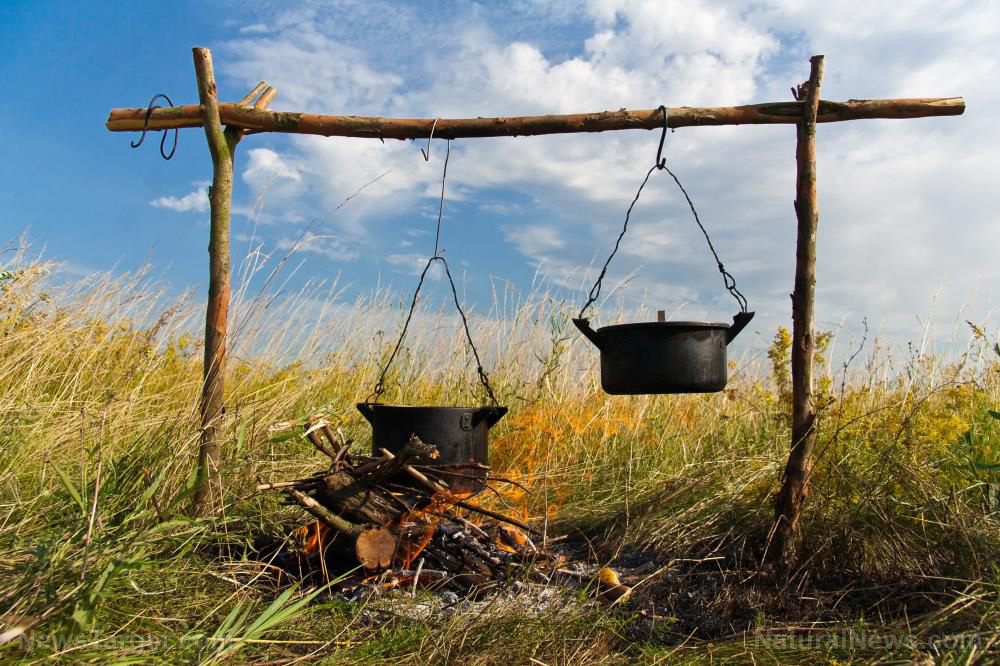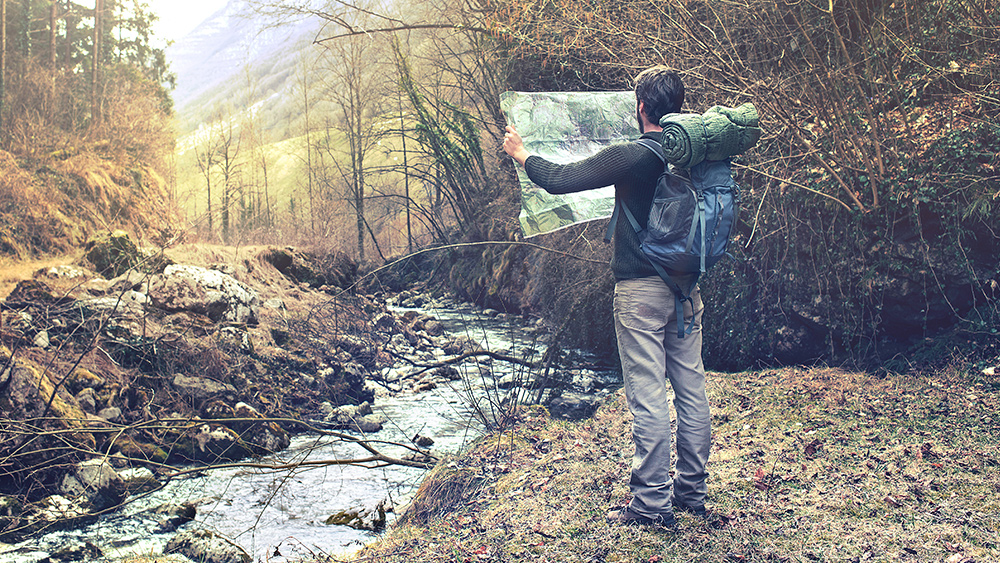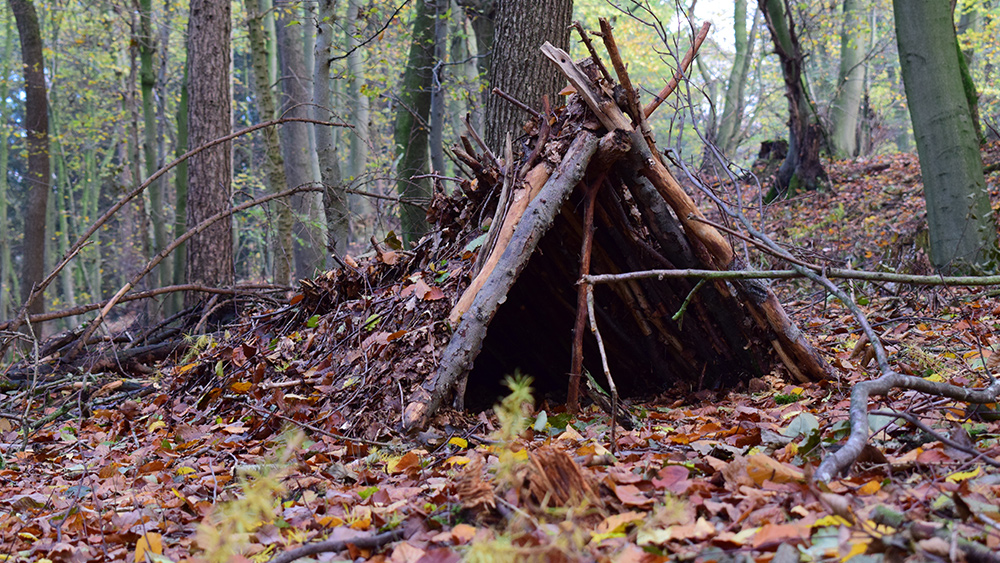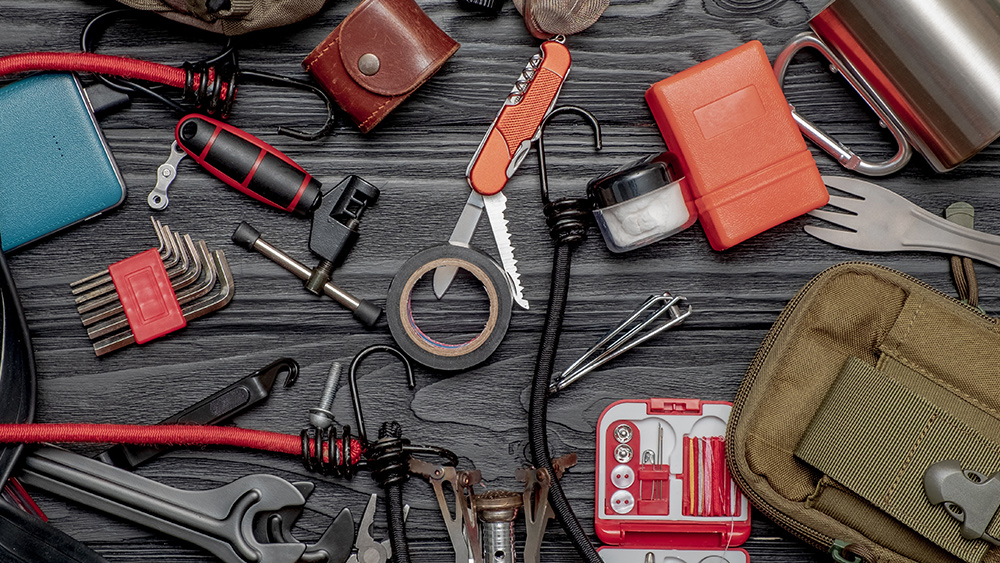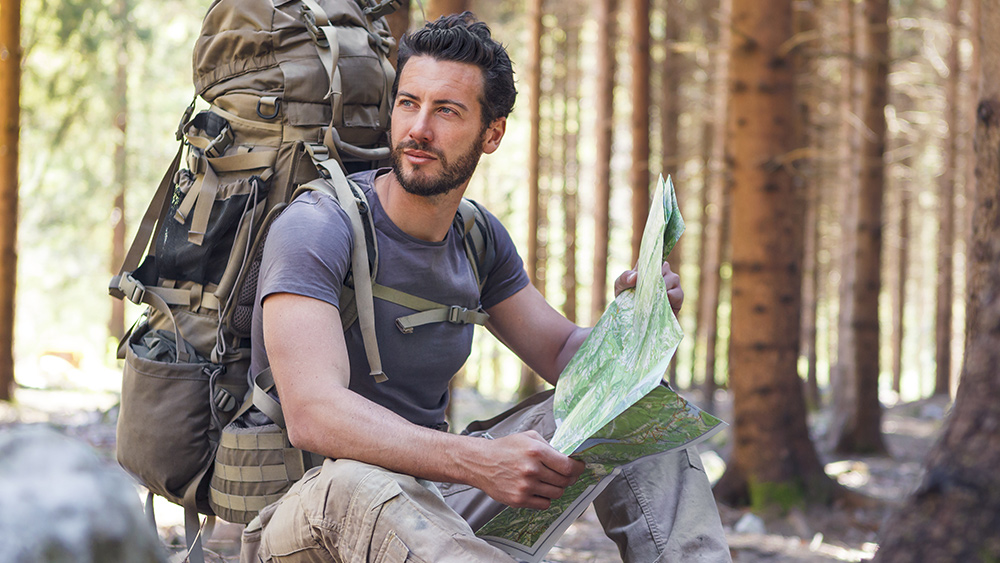
If you already have a bug-out bag (BOB), consider also getting a get-out-of-Dodge (GOOD) bag as you prep for disaster scenarios. It gets its name from the idiom "Get out of Dodge," which means to leave a place in a hasty manner.
Think of a GOOD bag as a "cousin" to the BOB. Your BOB contains supplies that will help you survive as you travel to your bug-out location after SHTF. On the other hand, you will need your GOOD bag if you have to evacuate and you think you might not be able to return home once things go south. (h/t to SurvivalSullivan.com)
Your GOOD bag should be able to sustain you for an indefinite period of time while you deal with an evolving survival situation.
There are many reasons that might require you to abandon your current location and seek safety in the wilderness. The most common reason would be if something happens in your area that makes it unsafe to bug in, such as civil unrest or a natural disaster.
And even if things are relatively safe in your neighborhood, there’s a chance that something could happen that forces you to evacuate, like if your home catches fire. (Related: Bug out survival planning: Prepping a bug-out bag in less than an hour.)
If SHTF and you decide to evacuate, you will need a GOOD bag packed with supplies that will make things easier for you on your journey.
Below are 15 items you will need in your GOOD bag:
Shelter and sleeping
After SHTF, you need to protect yourself from the elements with a sturdy shelter and comfortable sleeping gear.
Ground pad
When you're outdoors, the ground will act as a giant heat sink that can quickly pull warmth from your body.
You will need insulating material like a ground pad to protect your body and help you retain more of the warmth that you generate with blankets, sleeping bags and a tent. It also protects your back from rocks, pebbles and roots that can cause discomfort as you sleep.
Sleeping bag
A quality sleeping bag will help you stay warm in your tent even in the harshest environments.
Space blanket
A space blanket or Mylar blanket is a large sheet of silver or gold foil that reflects infrared radiation emitted by your body back into your body.
A space blanket is light and compact and it can also be used as a reflector for your campfire.
Tarp
You can use a sturdy multi-purpose tarp as a ground cover, a windbreak, or an improvised tent when SHTF.
Tent or bivy
If you're alone, bring a bivy sack to keep your pack light.
But if you're with a partner or a group of people, share the load and bring a tent for shelter.
Food and water
Food and water are two of the most important items in your GOOD bag. When packing food, consider the amount you'll need to sustain yourself and the variety you'll require to avoid food fatigue.
Food rations
Pack food that is simple, ready-to-eat or easy to prepare, shelf-stable and calorie-dense.
Here are some food items to include in your GOOD bag:
- Banana chips
- Canned tuna or chicken
- Canned stews
- Dark chocolate
- Dried fruit/fruit leather
- Food bars
- Jerky
- Peanut butter packets
- Pemmican
- Ready-to-eat noodles
- Trail mix
Mug
Use a large, metal mug for cooking and drinking.
Utensils
Bring durable and reusable utensils so you can prepare and eat your food while you're outdoors. Your utensil kit should include a knife, fork, spoon or spork (spoon and fork combined).
Water bottle
Bring a sturdy water bottle so you can stay hydrated while traveling. Try to get a metal water bottle so you can use it to heat liquids over a fire.
Water filter
If the water in your water bottle runs out, you will need a water filter to refill it. Using a water filter will help eliminate bacteria in water from a stream or pond that can make you sick.
Water purification tablets
Water purification tablets are a great backup option for water purification. Even if the tablets make the water taste a little strange, it's necessary because it makes the water safe to drink.
Fire starting kit
You will need a fire starting kit so you can cook, boil water and stay warm at night.
Ferro rod/Flint and steel
Get a ferro rod or traditional flint and steel so you can produce incendiary sparks to start a fire. Practice using it so you can do it quickly in rough conditions.
Lighter
Use a modern lighter to quickly start a fire. The downside is they will eventually run out of fuel.
Storm matches
High-quality storm or survival matches can strike anywhere and are weatherproof.
Tinder
You need tinder to ignite the kindling for your campfire. Store dryer lint, cotton balls soaked in petroleum jelly, or store-bought tinder in a waterproof container so you can start a fire when SHTF.
Prepare your GOOD bag before disaster strikes so you have the tools you need when it's time to seek shelter elsewhere after SHTF.
Watch the video below to learn about the mistakes you should avoid when preparing your BOB.
This video is from the Prepping101 channel on Brighteon.com.
More related stories:
Prep With Mike: Bugging out is better than staying in an apartment during a collapse.
Disaster prepping 101: Learn land navigation skills to get out of SHTF situations.
Prepping tips: Scavenging in the city when SHTF.
Sources include:
Please contact us for more information.
















